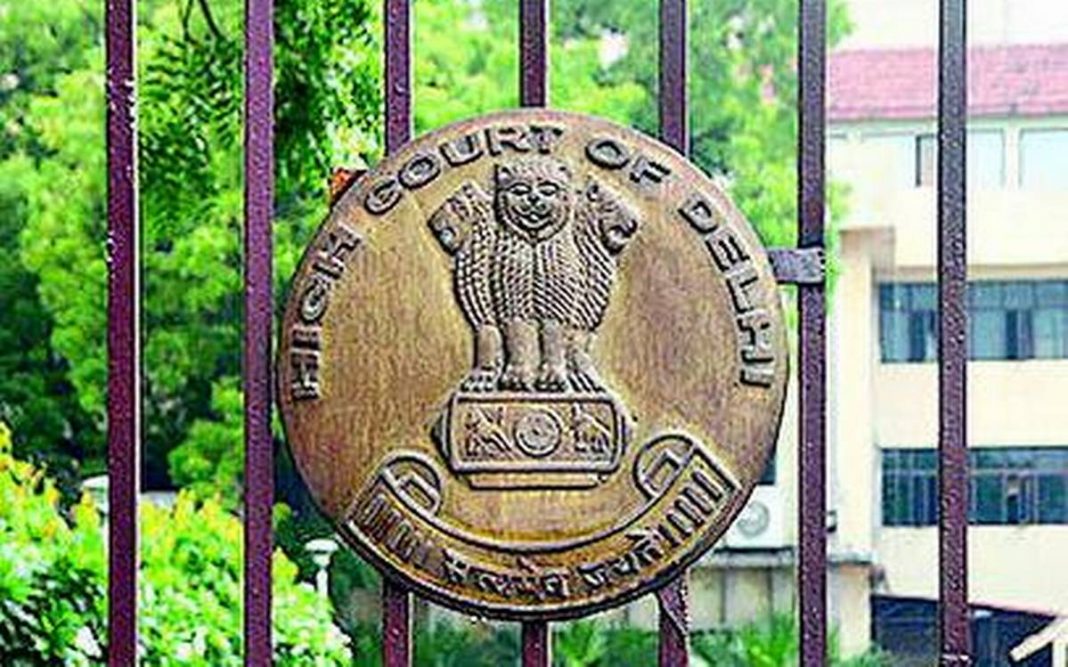The Delhi High Court on Wednesday refused to pass any order in a plea filed by a man challenging the SOP issued by the Ministry of Road, Transport and Highways under the Government of India, requiring clearance of pending challans as a condition precedent to the ‘transfer of ownership’ of motor vehicle.
A Single-Judge Bench of Justice Rekha Palli gave stern warning to the petitioner and said, “This is luxury litigation, I don’t have the time for dismissing it with cost today, I will dismiss this on a later date. No urgency.”
The Court listed the matter for further hearing in September.
The petitioner submitted that Challans should be payable online, even if the SOP is not implemented. “I am not the violator and they never contacted me for violation. When I was transferring the vehicle, they called me to pay the challans,” he said.
Justice Palli replied, “I don’t think you are correct. You must have seen it online, everything is online, you can check with your vehicle number, if there’s pending fine or not.
The petitioner had sought directions against the Ministry of Road Transport and Highways Govt of India, Government of NCT of Delhi, Ministry of Electronics and IT Government, Chandigarh Administration and Deputy Inspector General of Police UT Chandigarh.
The petitioner had challenged Clause 4.3 (vi) of the Standard Operating Procedure (SOP) dated December 17, 18 issued by the Ministry of Road Transport and Highways, Government of India, which read as follows:
“If a challan is pending or has not been disposed, then all transactions involving the vehicle, including the NOC, Fitness, Tax etc and for the Driving Licence – the renewal and address change are not permitted and are reflected to the traffic enforcement agencies across India.
Against the petitioner, there was a challan of Rs 1000 issued by the Chandigarh police in 2019, and the petitioner was unable to pay that at the moment and sold his vehicle in between. But the Vasant Vihar Zonal Office of Transport Department (R-2) refused to process the application for transfer of ownership of the subject vehicle on the pretext that there is/are pending challan(s) under the Motor Vehicles Act of 2019 that must be cleared for the car ownership to be successfully transferred.
On enquiry, it was stated by the Road Transport Office (R2) that the procedure for transfer of ownership was fully computerised and conducted using VAHAN software/website provided by the Ministry of Road Transport Highways (R1) and developed by NIC (R-3) and this software was designed to prevent ownership transfer, if there was any traffic challan pending payment issued anywhere in India.
The petitioner had earlier also filed the petition before the Delhi High Court, seeking directions to either allow transfer of the ownership without insistence on clearance of the challan, or facilitate the payment of the challan online, especially in light of the circumstances created by the Novel Coronavirus pandemic.
The Court had passed the speaking order and asked the authorities to consider the plea as a representation. After that, the petitioner approached the Registering Authority, South West Zone – II, Vasant Vihar, Delhi, which had issued order on December 5, 2020, stating that it cannot permit transfer of ownership since transactions pertaining to the subject vehicle have been ‘blocked’ in VAHAN software.
The concerned officer enclosed a copy of the Standard Operating Procedure (SOP) dated December 17, 2018, containing the provision in support of his decision.
Following which, the petitioner moved once again to the High Court and challenged the said SOP. He said, “That by way of this SOP, which has been issued without sanction of law, imposes an arbitrary requirement on registered vehicle owners to clear pending challans issued on the driver of the particular vehicle as a pre-condition of transfer of ownership of a private vehicle, which is not contemplated in the Act.
Also read: Vinod Dua sedition case: Supreme Court to pronounce verdict today
“Traffic offences relating to the driver’s fault are logically to be attached to the driver’s licence and not to the registration plate of the vehicle since the traffic challans are issued to the violator driver and the fine collected is a form of punishment. Forcing the payment from an owner of the vehicle by putting restrictions on the transfer of ownership is akin to punishing the owner of the vehicle and transferring liability of violations on the owner without sanction of law,” it added.
Source: ILNS


